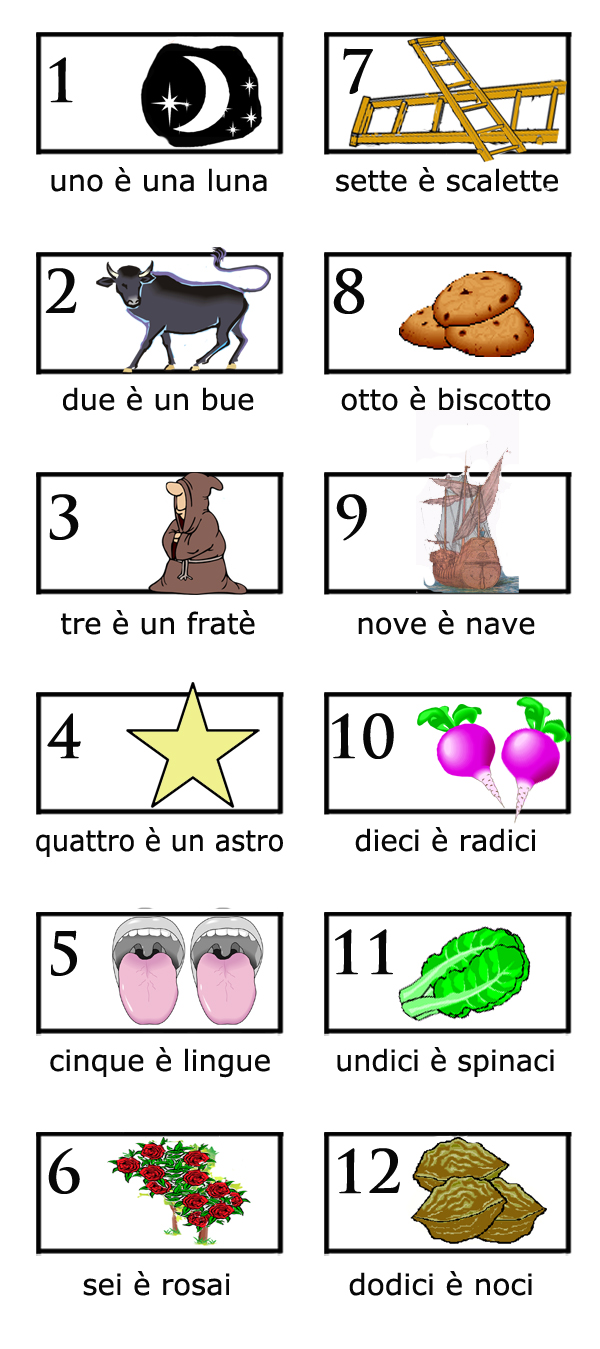We all know that lack of sleep makes us more prone to attentional failures, more likely to make mistakes, makes new information harder to learn, old information harder to retrieve ... We all know that, right? And yet, so many of us still go to bed too late to get the sleep we need to function well. Of course, some of us go to sleep early enough, we just can’t get to sleep fast enough, or are prone to waking in the night. (Personally, I can count the times I’ve slept through the night without waking in the last fifteen years on my fingers).
- Strategies
Everyday Strategies
- Lifestyle & Aging
Lifestyle
- Sleep & Circadian Rhythm
- Problems
Forgetting
Absentmindedness
Cognitive Impairment
- How Memory Works
Types of memory
Individual Differences
How the brain works
